#Lady Ann
Explore tagged Tumblr posts
Text

Persona 5 Royal is the newest addition to my list of favorite games of all time. Here's Ann Takamaki!
#Persona#Persona 5#Persona 5 Royal#Persona 5 Strikers#Persona 5 Tactica#Ann#Ann Takamai#Lady Ann#Panther#illustration#my art#artists on tumblr#fan art#persona fan art#persona 5 fan art#fanart#ann takamaki fan art
89 notes
·
View notes
Text

Lady Ann
#lady ann#black leather gloves#leather gloves#gloves#boots#thigh boots#black leather skirt#leather skirt#leather top#tie#earrings#office#fashion
71 notes
·
View notes
Text


Sea Chest - repainted in the 20th century with Lady Ann - Liverpool
#naval history#naval artifacts#sea chest#lady ann#liverpool#19th century#20th century#age of sail#age of steam
80 notes
·
View notes
Text
Of course Morgana would do that.

#morgana#morgana persona 5#p5#p5r#p5 royal#persona#persona series#persona 5#persona 5 royal#ann takamaki#lady ann
9 notes
·
View notes
Text

request for @chroniclerwabba of Joker and Lady Ann!!
Happy Valentine’s Day!!!
27 notes
·
View notes
Text

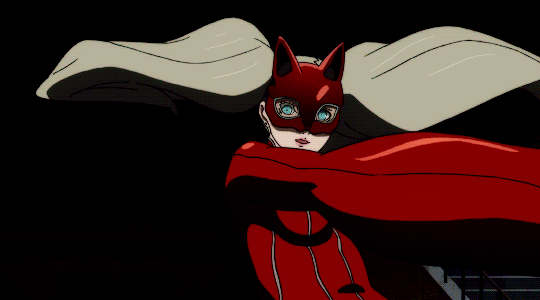
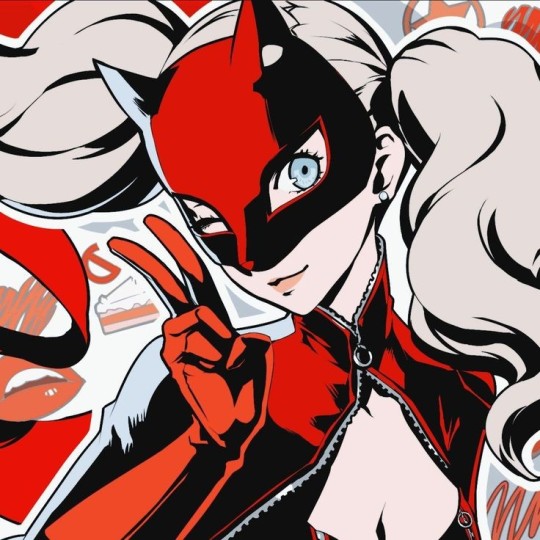
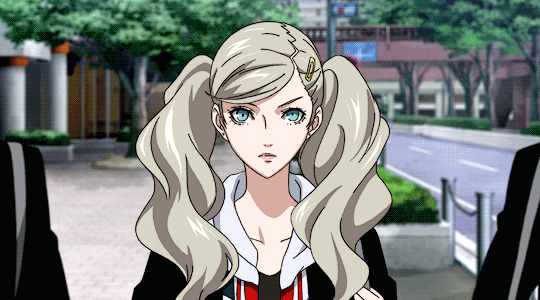



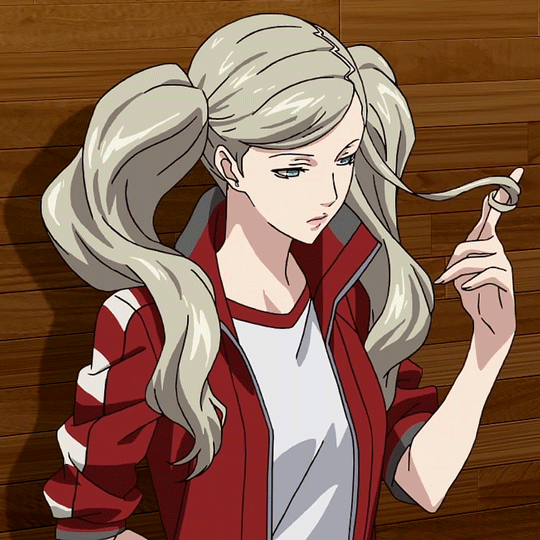


♥️
#Ann#ann takamaki#Lady ann#anne#ann p5#anne p5#persona 5#persona 5 royal#ann persona 5#ann persona 5 royal#persona series#atlus#atlus games#atlus persona#videogames#video games#games#rpg#rpg games#jrpg#jrpg games
82 notes
·
View notes
Text
⠀
⠀ Can't you see that you're a love of mine?⠀
⠀⠀⠀

#barbie#barbie movies#barbie movies aesthetics#barbie edit#barbie rock'n'royals#lady ann#finn oxford#Spotify
10 notes
·
View notes
Text
It's always been intriguing to me that, even when Elizabeth hates Darcy and thinks he's genuinely a monstrous, predatory human being, she does not ever perceive him as sexually predatory. In fact, literally no one in the novel suggests or believes he is sexually dangerous at any point. There's not the slightest hint of that as a factor in the rumors surrounding him, even though eighteenth-century fiction writers very often linked masculine villainy to a possibility of sexual predation in the subtext or just text*. Austen herself does this over and over when it comes to the true villains of her novels.
Even as a supposed villain, though, Darcy is broadly understood to be predatory and callous towards men who are weaker than him in status, power, and personality—with no real hint of sexual threat about it at all (certainly none towards women). Darcy's "villainy" is overwhelmingly about abusing his socioeconomic power over other men, like Wickham and Bingley. This can have secondhand effects on women's lives, but as collateral damage. Nobody thinks he's targeting women.
In addition, Elizabeth's interpretations of Darcy in the first half of the book tend to involve associating him with relatively prestigious women by contrast to the men in his life (he's seen as extremely dissimilar from his male friends and, as a villain, from his father). So Elizabeth understands Darcy-as-villain not in terms of the popular, often very sexualized images of masculine villainy at the time, but in terms of rich women she personally despises like Caroline Bingley and Lady Catherine de Bourgh (and even Georgiana Darcy; Elizabeth assumes a lot about Georgiana in service of her hatred of Darcy before ever meeting her).
The only people in Elizabeth's own community who side with Darcy at this time are, interestingly, both women, and likely the highest-status unmarried women in her community: Charlotte Lucas and Jane Bennet. Both have some temperamental affinities with Darcy, and while it's not clear if he recognizes this, he quietly approves of them without even knowing they've been sticking up for him behind the scenes.
This concept of Darcy-as-villain is not just Elizabeth's, either. Darcy is never seen by anyone as a sexual threat no matter how "bad" he's supposed to be. No one is concerned about any danger he might pose to their daughters or sisters. Kitty is afraid of him, but because she's easily intimidated rather than any sense of actual peril. Even another man, Mr Bennet, seems genuinely surprised to discover late in the novel that Darcy experiences attraction to anything other than his own ego.
I was thinking about this because of how often the concept of Darcy as an anti-hero before Elizabeth "fixes him" seems caught up in a hypermasculine, sexually dangerous, bad boy image of him that even people who actively hate him in the novel never subscribe to or remotely imply. Wickham doesn't suggest anything of the kind, Elizabeth doesn't, the various gossips of Meryton don't, Mr Bennet and the Gardiners don't, nobody does. If anything, he's perceived as cold and sexless.
Wickham in particular defines Darcy's villainy in opposition to the patriarchal ideal his father represented. Wickham's version of their history works to link Darcy to Lady Anne, Lady Catherine (primarily), and Georgiana rather than any kind of masculine sexuality. This version of Darcy is a villain who colludes with unsympathetic high-status women to harm men of less power than themselves, but villain!Darcy poses no direct threat to women of any kind.
It's always seemed to me that there's a very strong tendency among fans and academics to frame Darcy as this ultra-gendered figure with some kind of sexual menace going on, textually or subtextually. He's so often understood entirely in terms of masculinity and sexual desire, with his flaws closely tied to both (whether those flaws are his real ones, exaggerated, or entirely manufactured). Yet that doesn't seem to be his vibe to other characters in the story. There's a level at which he does not register to other characters as highly masculine in his affiliations, highly sexual, or in general as at all unsafe** to be around, even when they think he's a monster. And I kind of feel like this makes the revelations of his actual decency all along and his full-on heroism later easier to accept in the end.
------------
*The incompetently awful villain(?) in Sanditon, for instance, imagines himself another Lovelace (a reference to the famous rapist-villain of Samuel Richardson's Clarissa). Evelina's sheltered education and lack of protectors makes her vulnerable to sexual exploitation in Frances Burney's Evelina, though she ultimately manages to avoid it. There's frequently an element of sexual predation in Gothic novels even of very different kinds (e.g. Ann Radcliffe's The Mysteries of Udolpho and Matthew Lewis's The Monk both lean into this, in their wildly dissimilar styles). William Godwin's novel Caleb Williams, a book mostly about the destructive evils of class hierarchies and landowning classes specifically, depicts the mutual obsession of the genteel villain Falkland and working class hero Caleb in notoriously homoerotic terms (Godwin himself added a preface in 1832 saying, "Falkland was my Bluebeard, who had perpetrated atrocious crimes ... Caleb Williams was the wife"). This list could go on for a very long time.
**Darcy is also not usually perceived by other characters as a particularly sexual, highly masculine person in a safe way, either, even once his true character is known. Elizabeth emphasizes the resilience of Darcy's love for her more than the passionate intensity they both evidently feel; in the later book, she does sometimes makes assumptions about his true feelings or intentions based on his gender, but these assumptions are pretty much invariably shown to be wrong. In general the cast is completely oblivious to the attraction he does feel; even Charlotte, who wonders about something in that quarter, ends up doubting her own suspicions and wonders if he's just very absent-minded.
The novel emphasizes that he is physically attractive, but it goes to pains to distinguish this from Wickham's sex appeal or the charisma of a Bingley or Fitzwilliam. Mr Bennet (as mentioned above) seems to have assumed Darcy is functionally asexual, insofar as he has a concept of that. Most of the fandom-beloved moments in which Darcy is framed as highly sexual, or where he himself is sexualized for the audience, are very significantly changed in adaptation or just invented altogether for the adaptations they appear in. Darcy watching Elizabeth after his bath in the 1995 is invented for that version, him snapping at Elizabeth in their debates out of UST is a persistent change from his smiling banter with her in the book, the fencing to purge his feelings is invented, the pond swim/wet shirt is invented. In the 2005 P&P, the instant reaction to Elizabeth is invented, the hand flex of repressed passion is invented, the Netherfield Ball dance as anything but an exercise in mutual frustration is invented, the near-kiss after the proposal in invented, etc. And in those as well, he's never presented as sexually predatory, not even as a "villain."
#self-indulgently long tangents even for me but i had Thoughts!#i almost appended a third footnote to the second footnote. rip#anghraine babbles#long post#fitzwilliam darcy#lady anne blogging#austen blogging#austen fanwank#ivory tower blogging#anghraine's meta#eighteenth century blogging#gender blogging#i do think it's interesting that associating his flaws with lady catherine's is honestly fair - she comes to wonder about this later#but lbr that is totally understandable! lady catherine is the awful parody version of him!#but the times when elizabeth's assumptions are highly inflected by Yes All Men Actually generalizations she's utterly wrong#it's not some horrible misdeed but it's not really fair#not because she's oppressing him (lmao) but because people don't work that way#not saying that p&p is some huge blow against gender essentialism but i do think it's FAR less friendly to it than its fans are
1K notes
·
View notes
Text
The Rise and Fall of a Midwest… *squints at notes* Symbiote???
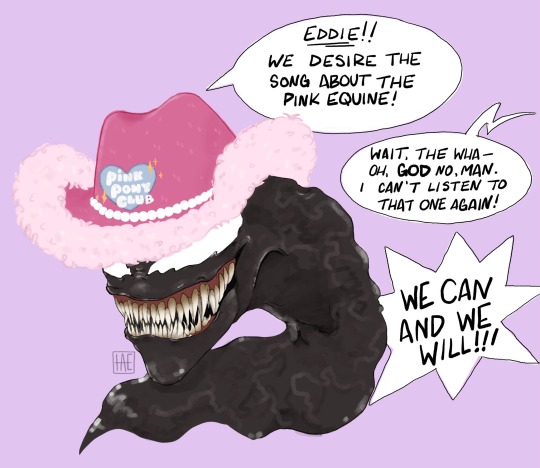
I just know he’d love Chappell Roan.
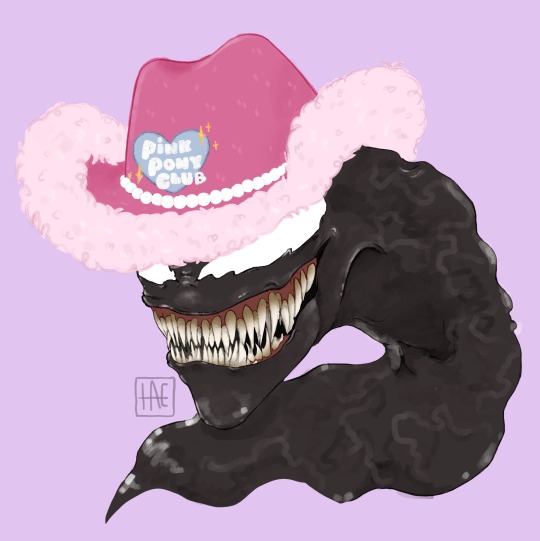
I didn’t live the way I laid out the bubbles, so I’ll prob redo this. :]
But yeah! I watched Venom 2 recently (and then 1 again) and loved it — albeit not as much as the first. I find that I typically enjoy the original more, the sequel less, and then love the third when it comes to movies. I haven’t seen The Last Dance yet but I fear it will rip my heart out. : ‘)
I cannot stress how much I’ve always loved the idea of symbiotes and hosts and what-not — but the movie has made me appreciate Eddie Brock and Venom specifically sooo much.
Little weirdos. Absolute freaks. 🫶🏼
#venom x eddie#venom#eddie brock#venom movie#venom 1#venom 2#venom 2018#venom: let there be carnage#carnage#symbrock#venom symbiote#symbiosis#carnage symbiote#symbiote suit#perfect symbiosis#carlton drake#Carlton drake can suck a pp!!!#so glad he’s dead#rip 🙏🏽🙏🏽🙏🏽#but not actually#I hope he rests so unpeacefully#I wanna be Eddie Brock when I grow up#but like not break a pretty lady’s heart#Anne is so pretty stg#I mean so is Eddie#and Dan#ugh they’re all pretty#idk#sony venom#fuck Disney making all the super hero movies so soft
420 notes
·
View notes
Text
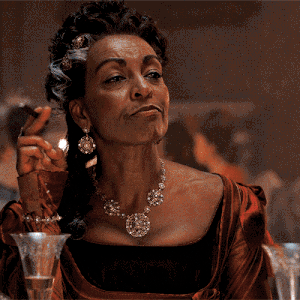
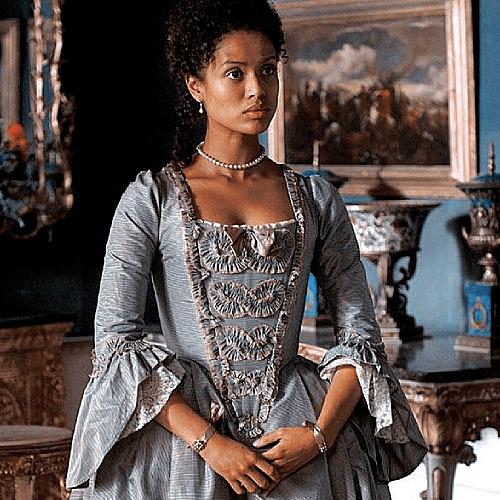
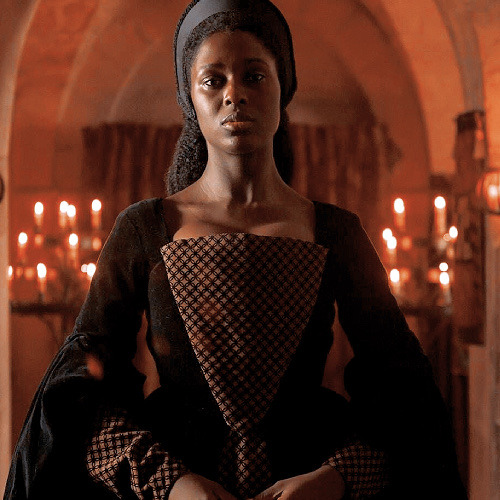


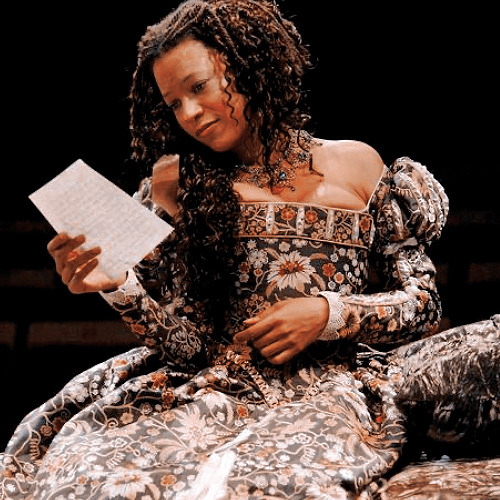

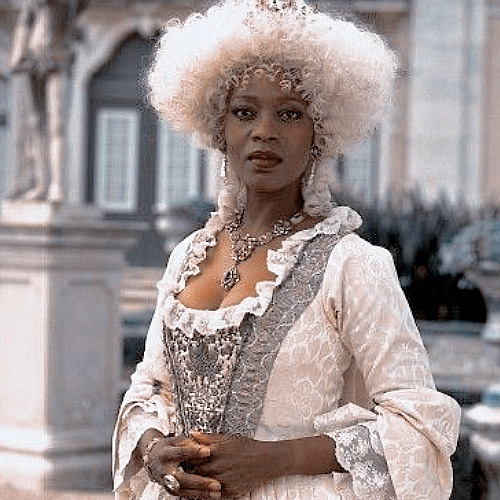

Black Women in Period Costumes
#genuinely love this song#saw that pic of sophie as margurite and here we are#bridgerton#bbc merlin#anne boleyn#the spanish princess#the hollow crown#queen charlotte#lady danbury#guinevere pendragon#marguerite d'anjou#gulliver's travels#alfre woodard#belle 2013#gugu mbatha raw#lina de cardonnes#stephanie levi-john#golda rosheuvel#adjoa andoh#sophie okonedo#angel coulby#jodi benson
2K notes
·
View notes
Text

Lady Ann Pt 5
#lady ann#white leather gloves#leather gloves#gloves#boots#thigh boots#white boots#red leather skirt#leather skirt#leather corset#necklace#outdoors#fashion
203 notes
·
View notes
Text

#lesbian vampires#carmilla#lucy westenra#lady dimitrescu#i know shes not a vampire but she's a lesbian and she drinks blood#vanessa ives#vanessa is a survivor of a homoerotic friendship#striga#morana#juliette fairmont#vampire in the garden#sophie anne leclerq#vampires are gay#lesbian
4K notes
·
View notes
Text







PERIODDRAMA APPRECIATION WEEK 2024
The Tudor period has been defined as a golden era in British history; a time of extravagance, music, queens and Shakespeare. The period is named after the Tudor family that ruled in England and Wales from 1485 until Elisabeth I died in 1603.
ANNE OF THE THOUSAND DAYS (1969)
ELIZABETH (1998)
MY LADY JANE (2024)
THE SPANISH PRINCESS (2019-2020)
WOLF HALL (2015)
BECOMING ELIZABETH (2022)
THE TUDORS (2007-2010)
Day 6 - Favorite Era
#perioddramaedit#periodedit#tudor era#tudoredit#anne of the thousand days#elizabeth#my lady jane#the spanish princess#wolf hall#becoming elizabeth#the tudors#tudorsedit#tudors#perioddramaappreciationweek24#mine*
438 notes
·
View notes
Text


ANEURIN BARNARD as RICHARD DUKE OF GLOUCESTER in THE WHITE QUEEN (2013), episode five
#aneurin barnard#richard iii#the white queen#twqedit#twqgifs*#perioddramaedit#periodedit#pdedit#myperiodgifs*#edits#userperioddrama#weloveperioddrama#onlyperioddramas#userbennet#ceremonial#tusereliza#usershelby#riveterema#userlin#userfefa#usercutespider#oh to be lady anne in that moment 🫠#*dowager princess
366 notes
·
View notes
Text
People only seem to remember that Lady Russell gave Anne Elliot questionable advice once and forget everything else. Lady Russell loves Anne like a daughter. Lady Russell is probably the only person in Anne's life who shares her interests and talks with her about them. When Anne considers needing to find somewhere else to live, it's with Lady Russell. Lady Russell wants Anne to be more widely known because she's absolutely certain that if Anne was known elsewhere she would be loved and Lady Russell was 100% right about that! Lady Russell hates how Anne's family treats her. Lady Russell takes Anne to visit her friend Mrs. Smith.
Lady Russell loves Anne and Anne loves her back. The only reason Anne listened to that advice at nineteen is because she knew that it came from a place of love.
392 notes
·
View notes
